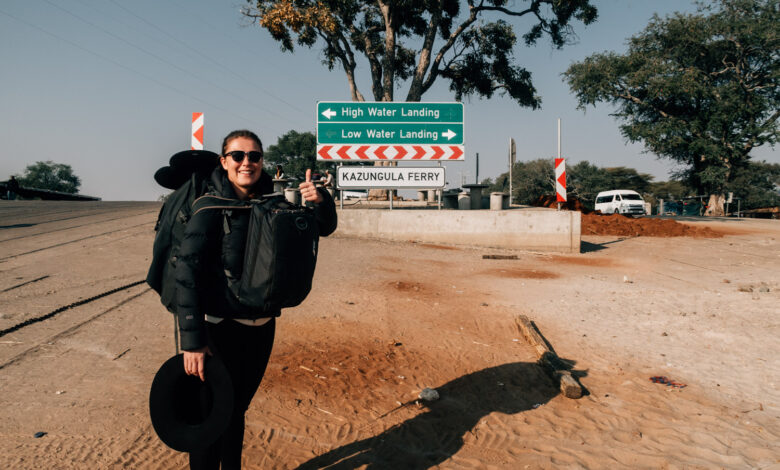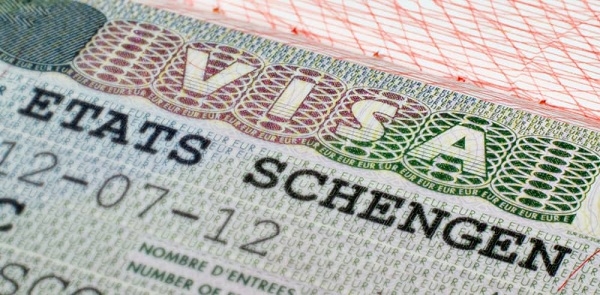What Europeans and Americans Should Know Before Visiting Africa

Africa, a continent of unparalleled diversity, breathtaking landscapes, and vibrant cultures, beckons travelers with promises of unforgettable experiences. From the vast savannas teeming with wildlife to ancient pyramids, bustling souks, and pristine coastlines, it’s a continent that defies a single definition. However, for European and American visitors, a successful and enriching trip to Africa requires more than just booking flights and accommodation. It demands preparation, cultural awareness, and a realistic understanding of local realities.
Here’s what you need to know before embarking on your African adventure:
1. It’s a Continent, Not a Country: Diversity is Key
Forget any preconceived notions of Africa as a monolithic entity. It’s a continent made up of 54 distinct countries, each with its own unique languages, cultures, climates, political landscapes, and safety considerations. Research your specific destination(s) thoroughly. A trip to Morocco will be vastly different from a safari in Tanzania or a beach holiday in South Africa.
2. Visa Requirements: Plan Well in Advance
Visa policies vary significantly from country to country. Do not assume you can get a visa on arrival. Many African nations require European and American citizens to obtain a visa in advance, sometimes through an embassy or consulate, or increasingly, via e-visa platforms.
- Check well in advance: Visit the official embassy or consulate website of each country you plan to visit, or consult a reputable visa service.
- Required documents: Be prepared for requirements like passport photos, proof of accommodation, flight itineraries, and sometimes even letters of invitation.
- Yellow Fever Certificate: Many East, West, and Central African countries require proof of Yellow Fever vaccination for entry, especially if you’re traveling from or transiting through a country with a risk of Yellow Fever.
3. Health & Safety: Prioritize Your Well-being
While many parts of Africa are safe for tourists, common-sense precautions are essential.
- Consult a Travel Doctor: At least 4-6 weeks before your trip, visit a travel clinic. They will advise on necessary vaccinations (e.g., Yellow Fever, Typhoid, Hepatitis A/B, Tetanus, Rabies) and malaria prophylaxis (if applicable to your destination).
- Malaria Prevention: If traveling to a malaria-risk area, take prescribed anti-malarial medication diligently, use insect repellent with DEET, wear long sleeves and pants at dusk and dawn, and sleep under mosquito nets.
- Food and Water Safety: Stick to bottled water (ensure seals are unbroken), avoid ice in drinks (unless confirmed purified), and be cautious with street food. Opt for cooked, hot meals.
- General Safety:
- Awareness: Be aware of your surroundings, especially in crowded areas like markets or public transport hubs.
- Valuables: Don’t flaunt expensive jewelry, electronics, or large amounts of cash. Use hotel safes.
- Night Travel: Avoid walking alone at night in unfamiliar areas. Use reputable taxis or ride-sharing services.
- Research Specific Regions: Some areas may have higher crime rates or political instability. Follow local government travel advisories.
- Travel Insurance: Comprehensive travel insurance is non-negotiable. It should cover medical emergencies, evacuations, trip cancellations, and lost luggage.
4. Cultural Etiquette: Respect is Key
Africans are generally warm, hospitable, and welcoming, but understanding local customs will greatly enhance your interactions.
- Greetings: Always greet people, especially elders, before getting straight to business. A handshake is common. In some cultures, a longer, more elaborate greeting is appreciated.
- Dress Modestly: In many countries, especially outside major cities or in more conservative regions (particularly Muslim-majority areas), dressing modestly (covering shoulders and knees) is a sign of respect.
- Photography: Always ask for permission before taking photos of people, especially children. Some individuals may ask for money for photos. Respect their wishes if they decline.
- Patience and “Africa Time”: Things often move at a slower pace. Be patient with delays in transport, service, or appointments. Embrace the relaxed rhythm.
- Bargaining: In markets, bargaining is expected and part of the cultural experience, but do so respectfully and with a smile.
- Gift-Giving: If giving gifts, use your right hand (or both hands). Avoid giving money directly to children, as it can foster begging. Consider donating through local organizations instead.
5. Money Matters: Cash, Cards, and Connectivity
- Local Currency: Most countries operate primarily on their local currency. While USD is sometimes accepted in tourist areas (especially for safaris), it’s often more convenient and cost-effective to use local currency.
- ATMs: ATMs are available in most urban centers, but carry some cash, especially when traveling to rural areas. Inform your bank of your travel plans to avoid card freezes.
- Mobile Money: Mobile money services (like M-Pesa in East Africa) are ubiquitous and incredibly convenient for local transactions. While you might not set up your own account as a tourist, your guides or hosts will use it frequently.
- Connectivity: Wi-Fi is common in hotels and lodges, but consider purchasing a local SIM card for affordable data and calls, especially if you have an unlocked smartphone.
6. Responsible & Ethical Tourism: Leave a Positive Impact
- Support Local Businesses: Choose locally owned hotels, tour operators, and buy souvenirs directly from artisans. This ensures your money directly benefits local communities.
- Respect Wildlife: If on safari, follow guide instructions strictly. Do not feed animals or disturb their natural habitat. Support conservation efforts.
- Minimize Your Footprint: Conserve water and electricity. Dispose of waste responsibly. Avoid single-use plastics where possible.
- Cultural Sensitivity: Engage with local communities respectfully. Avoid activities that exploit people or animals.
Visiting Africa is an incredibly rewarding experience that challenges perspectives and fosters deep appreciation for its rich heritage and diverse peoples. By preparing adequately, respecting local customs, and prioritizing safety, European and American travelers can ensure their journey is not just a trip, but a truly transformative adventure.
Source: http://thepressradio.com





